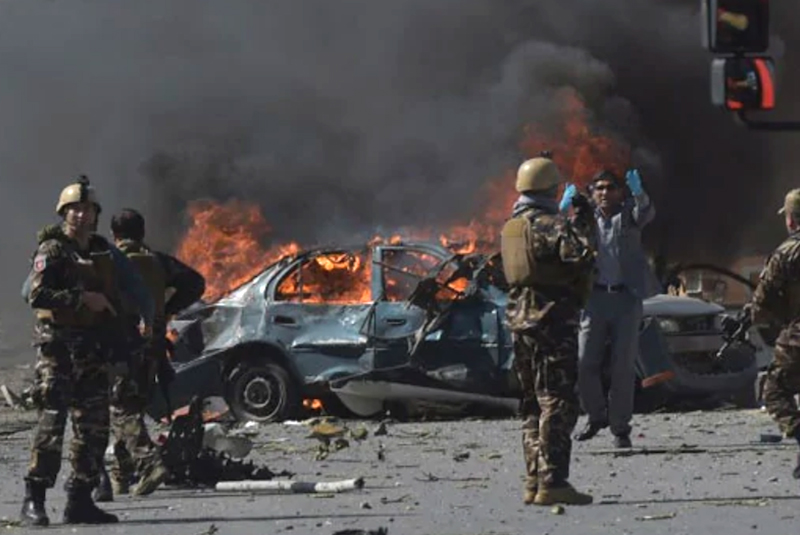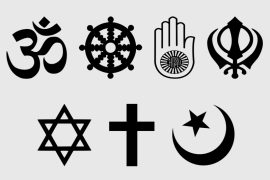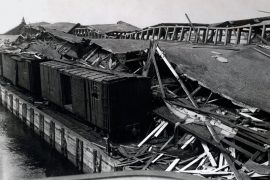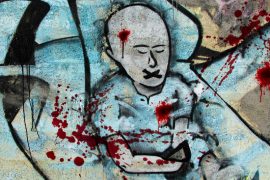In 1961, a Yugoslav immigrant of unsound mind, antagonised by the denial of a visa by a consular officer, shot KS Pillai, the First Secretary at the High Commission of India in Ottawa, Canada. However, he escaped trial in Canada due to his mental condition. Sadly, KS Pillai’s life ended far too soon.
In April this year, the High Commission of India (HCI)in Ottawa, Canada, marked the 50th anniversary of the first casualty among Indian diplomats. The commemoration by the High Commission was unique and has attracted positive comment among the fraternity of Indian diplomats. Though Pillai was the first Ministry of External Affairs officer to die on active duty in this fashion, his case was soon embedded in the files. It was perhaps taken as a one-time aberration.
Pillai, was from the first batch of post-independence Indian Foreign Service. Remembering him and his passing by the HCI in Ottawa is an unusual act. Fortunately, Indian embassies have not had many casualties– nor have they had occasion to commemorate such sad events.
Mostly, the life of a diplomat is presumed to be a safe and secure. Yet, Pillai was an innocent victim of a disturbed assassin who walked into the Chancery and shot him with a gun without hindrance. In those days, security at Indian embassies was nothing to write home about. However, things have changed since then on a graduated basis. The security and safety of Indian diplomats and diplomatic missions is the responsibility of the host government.
In most developed countries, the right to secure Missions is fiercely protected; no Indian guards with arms would be allowed. Such host governments are confident that they can handle the situation. In some countries, where the abilities of the host governments are stretched, Indian interests are threatened.
Over the years, based on the threat perception, Indian security apparatus strengthened its abilities. Indian security details are deployed depending on the friendliness of the government in question. Without their concurrence, Indian armed security is unlikely to be placed.
I recall my days in the late 1980s in Colombo, Sri Lanka, where a high security protection of the Indian High Commission and its diplomats was in place, due to the volatile situation. However, this is not the norm. It is done only in exceptional situations.
-30-
Copyright©Madras Courier, All Rights Reserved. You may share using our article tools. Please don't cut articles from madrascourier.com and redistribute by email, post to the web, mobile phone or social media.Please send in your feed back and comments to [email protected]











